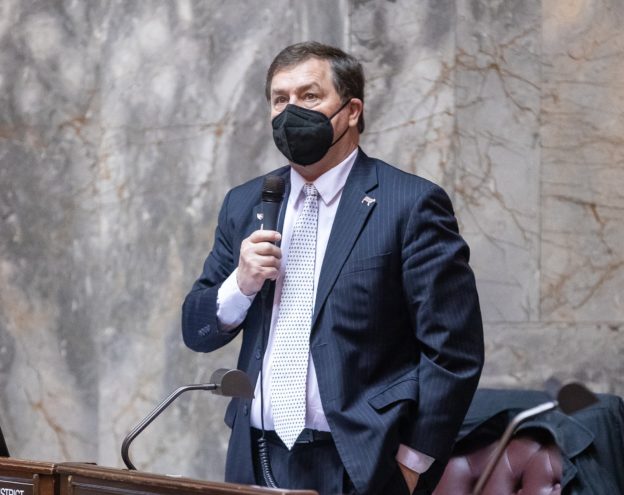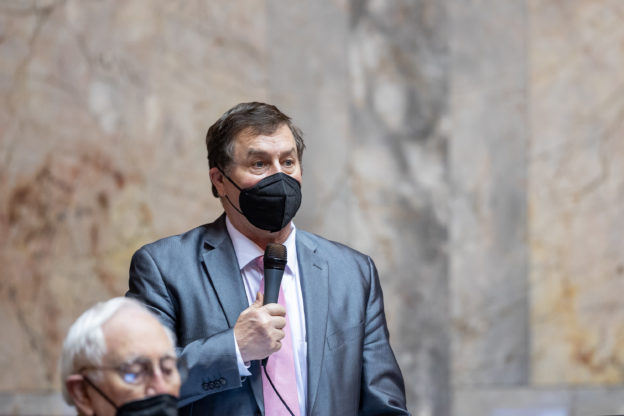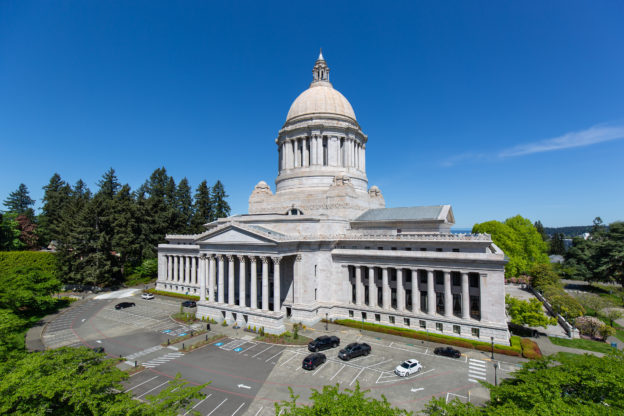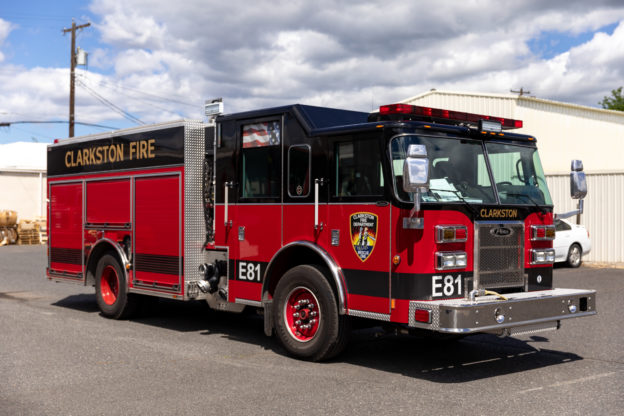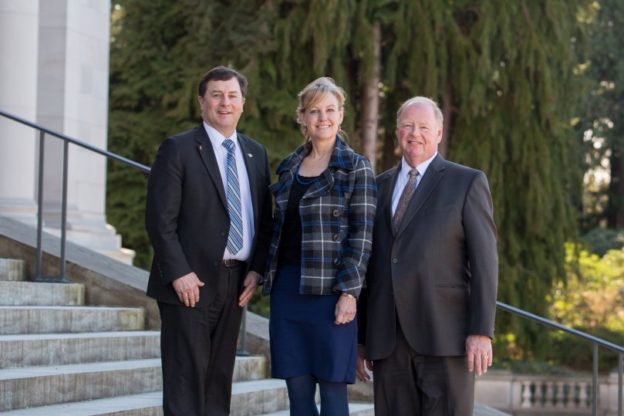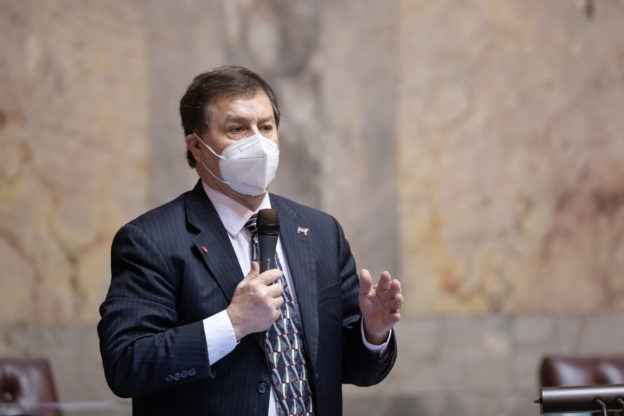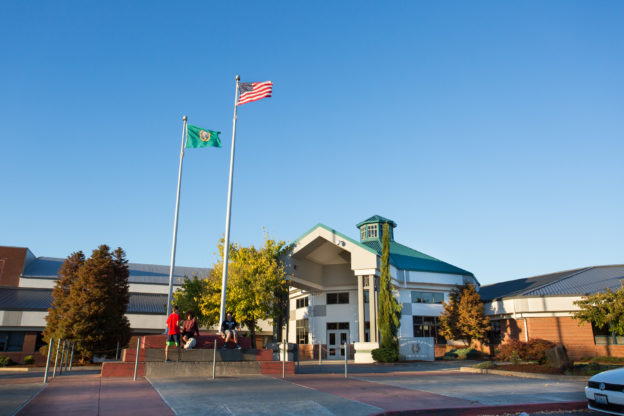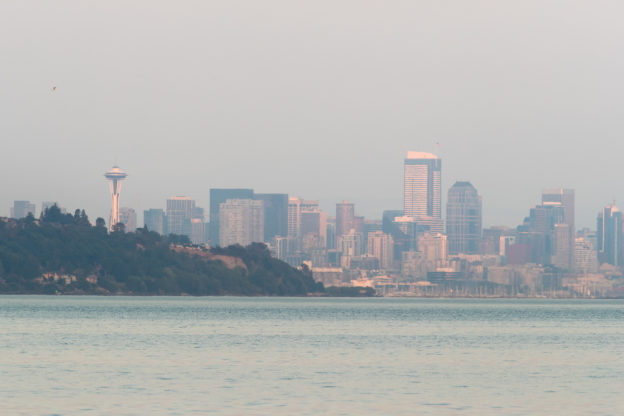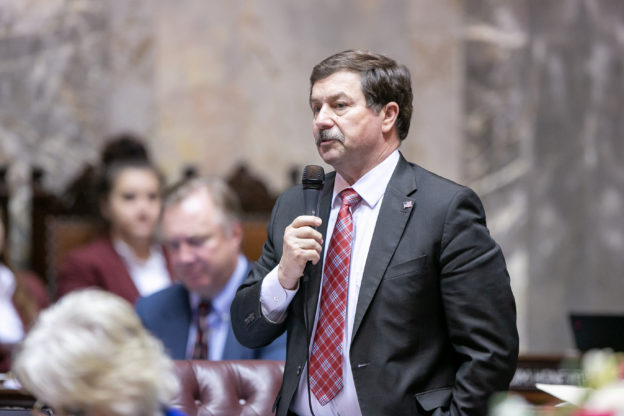The Legislature has unanimously passed a measure introduced by 9th District Sen. Mark Schoesler that would increase retirement benefits for firefighters and law-enforcement officers.
Senate Bill 5791 would provide Law Enforcement Officers’ and Fire Fighters’ Retirement System Plan 1 members with a one-time lump sum equal to $100 per month of service for retirees and a minimum of $20,000 for catastrophic and duty-disability retirees, and duty-death beneficiaries. The lump sum payments would come from a nearly $2 billion surplus in the LEOFF 1 system, which closed in 1977.
The House of Representatives passed the proposal 98-0 Thursday night. The Senate approved it 49-0 on Feb. 15. The bill now goes to Gov. Jay Inslee for final consideration.
“This bill would help our courageous law-enforcement officers and firefighters who put their lives on the line year after year,” said Schoesler, R-Ritzville. “Using the budget surplus to give LEOFF 1 pension members a one-time payout means some more money for their retirement years, while making only a very small dent in the state budget surplus.”
Schoesler added that increased benefits would create incentives for law enforcement officers and firefighters to stay longer in their jobs.
The Law Enforcement Officers’ and Fire Fighters’ Retirement System (LEOFF) provides retirement benefits to full-time, fully compensated law-enforcement officers and firefighters employed by the state, cities, counties and special districts. Law-enforcement officers and firefighters who entered service between 1969 and October 1, 1977, were enrolled in LEOFF Plan 1. Those entering service after that date are part of the LEOFF Plan 2.











